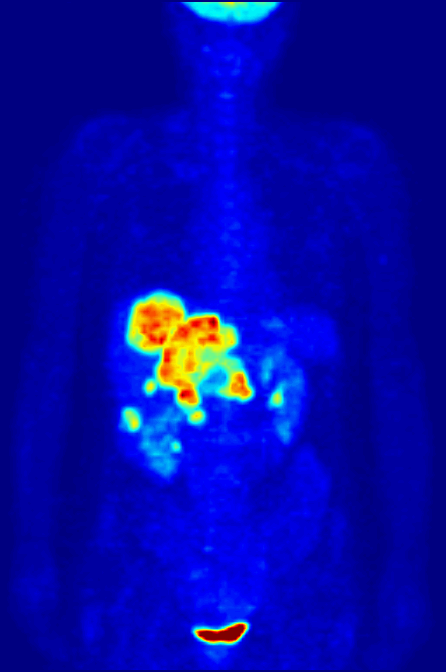European Medicines Agency's CHMP Recommends Cabozantinib for Neuroendocrine Tumors

The Committee for Medicinal Products for Human Use (CHMP) of the European Medicines Agency (EMA) has officially recommended the approval of cabozantinib (Cabometyx) for the treatment of adults suffering from unresectable or metastatic, well-differentiated extra-pancreatic neuroendocrine tumors (epNET) and pancreatic neuroendocrine tumors (pNET) who have progressed after at least one prior systemic therapy, excluding somatostatin analogues. This recommendation, issued on June 20, 2025, marks a significant advancement in treatment options for these challenging malignancies, which often exhibit indolent behavior and limited response to conventional therapies.
The endorsement from the CHMP is founded on compelling data from the Phase 3 CABINET trial (NCT03375320), which investigated the efficacy and safety of cabozantinib in comparison to a placebo in two distinct cohorts of patients diagnosed with advanced epNET or pNET. The FDA had previously granted approval for cabozantinib in March 2025, indicating its potential utility in both adult and pediatric patients aged 12 years and older who have previously undergone treatment for these tumors.
Dr. Amy Peterson, Executive Vice President of Product Development and Medical Affairs and Chief Medical Officer of Exelixis, the pharmaceutical company that developed cabozantinib, emphasized the importance of this recommendation. "Neuroendocrine tumors are notoriously difficult to treat due to their indolent nature, which often leads to prolonged patient survival without effective treatment options. This underscores the critical need for innovative therapies following disease progression," she stated in a press release.
The CABINET trial was a multicenter, randomized, double-blinded, placebo-controlled study that enrolled 298 patients across the United States. Patients were randomly assigned to receive cabozantinib at a dose of 60 mg or a placebo. The study was designed with separate statistical analysis plans for the epNET and pNET cohorts, and it was halted early due to the observed superior efficacy of cabozantinib over placebo.
Results from the trial, published in February 2025 in the New England Journal of Medicine, revealed significant improvements in median progression-free survival (PFS). In the epNET cohort (n = 203), the median PFS was 8.4 months (95% CI, 7.6-12.7) with cabozantinib, compared to 3.9 months (95% CI, 3.0-5.7) for the placebo group, demonstrating a hazard ratio of 0.38 (P < .001). Similarly, in the pNET cohort (n = 95), the median PFS was 13.8 months (95% CI, 9.2-18.5) for cabozantinib versus 4.4 months (95% CI, 3.0-5.9) for placebo, with a hazard ratio of 0.23 (P < .001).
The trial also assessed the overall response rate (ORR), which was 5% for epNET patients and 19% for pNET patients treated with cabozantinib, compared to a 0% response rate in the placebo group. Notably, grade 3 or higher adverse effects were reported in 62% to 65% of cabozantinib patients, compared to 23% to 27% in the placebo group. Common adverse effects included hypertension, fatigue, diarrhea, and thromboembolic events.
The CHMP’s recommendation is deemed a pivotal milestone for Exelixis and its partner Ipsen, who are eager to facilitate patient access to cabozantinib in Europe. The final decision from the European Commission is anticipated in the forthcoming months, which will determine the drug's availability in the European market.
The implications of this development are profound, as cabozantinib presents a new treatment avenue for patients whose options have been severely limited due to disease progression. With neuroendocrine tumors displaying unique biological characteristics and responses to therapy, the introduction of cabozantinib could substantially improve patient outcomes and quality of life. Furthermore, this approval may pave the way for further research into similar targeted therapies for other types of tumors within this complex category of cancers. As the medical community awaits the European Commission's decision, the focus will remain on enhancing treatment strategies and improving survival rates for patients diagnosed with neuroendocrine tumors.
Advertisement
Tags
Advertisement





